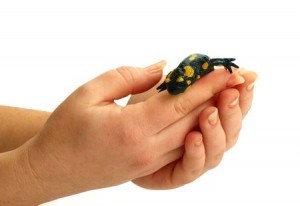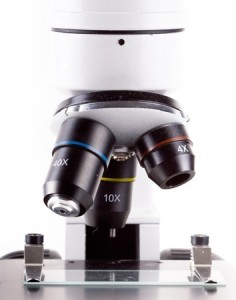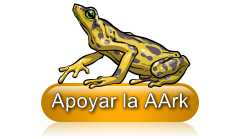Be a salamander and newt hero!
Get your pets screened for Batrachochytrium salamandrivorans – you’ll be helping salamanders!
If you have a pet salamander or newt, or are simply an amphibian lover, then chances are you have heard about the very worrying news last week about a new fungal disease that is killing off salamanders in Europe.
 Batrachochytrium salamandrivorans (Bsal) seems to have originated in Asia where it co-exists with local salamander species and was probably accidentally introduced by humans into Europe. With North America being so important for salamanders we need to protect both wild and captive salamanders and newts as quickly as possible.
Batrachochytrium salamandrivorans (Bsal) seems to have originated in Asia where it co-exists with local salamander species and was probably accidentally introduced by humans into Europe. With North America being so important for salamanders we need to protect both wild and captive salamanders and newts as quickly as possible.
As we work with our partners to address the threats to wild populations we also want to help you keep your pets as safe as possible. To help with this process we highly recommend the following three steps:
1. Bleach Waste Water
Before you dispose of any waste water that might have come in contact with your pet salamanders/newts be sure you add a little bleach before you dispose of it. Although the science is still out on the concentrations needed, the best evidence points towards a ratio of about 1 part bleach to 10 parts water. Using this ratio should ensure any of the deadly Bsal fungus is killed before leaving your home.
2. Don’t Release Captive Salamanders into the Wild
More important than ever, please don’t release your pets into the wild. If a captive salamander or newt has Bsal and ends up in the wild it could be devastating for wild populations. If you have a salamander that you are no longer able to look after try contacting your local herpetological society, humane society or zoo.
 3. Get Tested
3. Get Tested
Finally get your pet salamander and newts tested. The easiest way to be sure that your salamander is healthy and does not pose a risk to wild populations is to get it tested for Bsal. By doing all this you are not only protecting your salamanders but also the wild salamanders that we all enjoy so much.
Please share this information with your friends, online through social media and your favorite forums, local herpetological societies and pet stores.
More information about keeping salamanders and other amphibians is available on our Amphibians as Pets page or on the BsalEurope web site.













